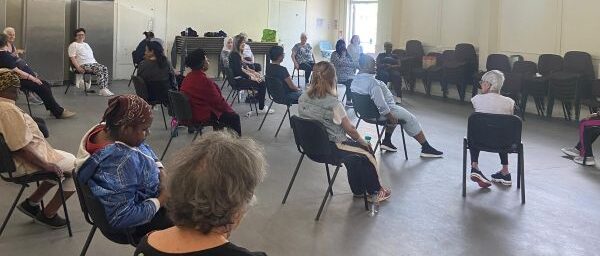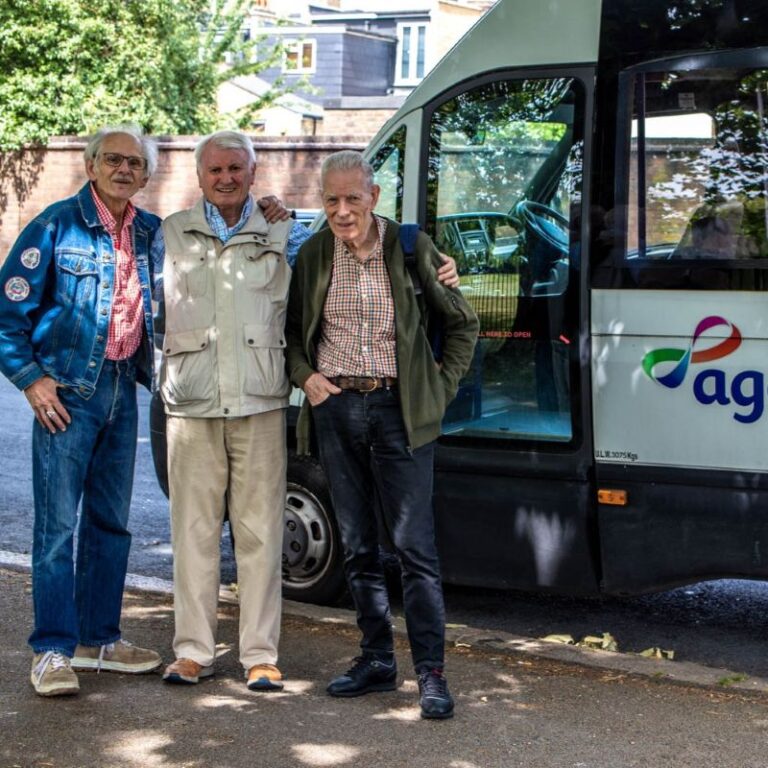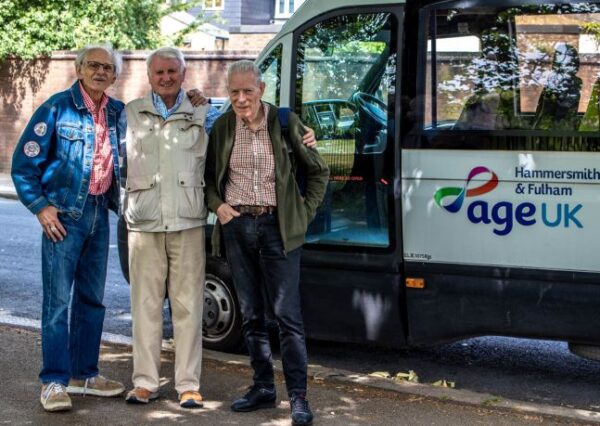Supporting homeless families
Shepherds Bush Families Project & Children’s Centre
More than 330,000 people are on the social housing waiting list in London. Many properties that used to be social housing have been sold off over the years and not replaced. In Hammersmith and Fulham alone, 827 social homes were sold and 434 were demolished between 2012 and 2022, and only 129 new social homes were built, leading to a net loss of 1,132 homes.
Unsuitable housing
Alongside the number of affordable homes decreasing, the population has risen across London, increasing demand and helping to drive up rent. Private rental costs can be double or even triple the cost of social housing, which means many families, whether they’re in full-time employment or on benefits, are struggling to make ends meet. They’re also often stuck in homes that are too small for their families or in very poor condition, as they can’t afford more suitable accommodation.
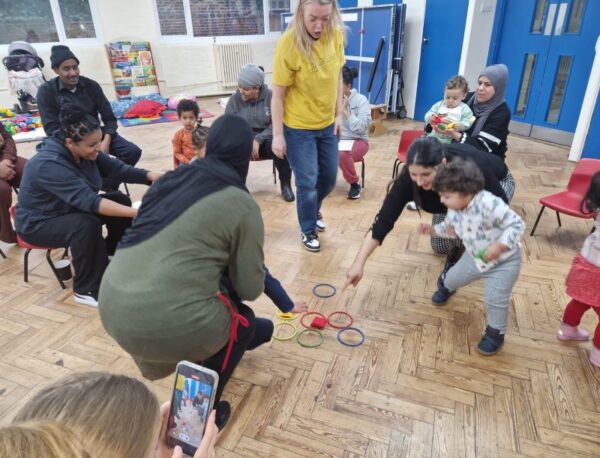 It’s perhaps not surprising that Shepherds Bush Families Project & Children’s Centre has seen an 80% increase in demand for support over the last two years. CEO Tina Mayers explains, “We work primarily with families where there’s a housing problem. There’s less social housing available, so families are staying in temporary and overcrowded homes for longer. We’re also seeing a lot more families who are living in private rented accommodation struggling with poor conditions, including damp and mould.”
It’s perhaps not surprising that Shepherds Bush Families Project & Children’s Centre has seen an 80% increase in demand for support over the last two years. CEO Tina Mayers explains, “We work primarily with families where there’s a housing problem. There’s less social housing available, so families are staying in temporary and overcrowded homes for longer. We’re also seeing a lot more families who are living in private rented accommodation struggling with poor conditions, including damp and mould.”
Living in an overcrowded or unsafe home can have serious repercussions on childhood health and wellbeing. Tina shares, “We’ve seen quite a few children admitted to hospital due to mould and other incidents related to their housing.
“Things that children in normal housing take for granted are often denied to children living in unsuitable accommodation. There’s no space to play or to do homework or coursework. They can’t invite their friends over. We continue to see a significant increase in the number of parents, children and young people who are struggling with mental and/or physical health difficulties.”
Shepherds Bush Families Project & Children’s Centre
The charity offers a range of services, including:
- Parent-and-child drop-in sessions
- After-school club
- Holiday clubs
- Advice and advocacy appointments
- Therapeutic counselling
- Coffee mornings
- English conversation group
The aim is to give children a safe space to play, do their homework and enjoy activities that are otherwise denied to them, and parents a place to get advice and support. As Tina explains, the long-term goal is to “empower parents and caregivers to regain a greater sense of control and affect changes in their lives. We also ensure children and young people develop and have a firm foundation in physical, social and emotional education from which to flourish, maximise their potential and enjoy good outcomes.”
One parent who has benefited from the charity’s support is Monica. She shares, “While I was pregnant, my relationship broke down and I faced the prospect of being homeless and bringing up my child alone. Without [the charity] I wouldn’t have been able to finish my degree in accounting, which means I wouldn’t have found a job.”
A 15-year-old whose family attends the centre adds, “This centre gives a positive environment for many children. It gives a stable place where I could do my homework. It also gave me a safe place to play. It is a reliable centre in which children can play and not be on the streets getting involved in crime.”
Community Grant
Hammersmith United Charities has supported Shepherds Bush Families Project & Children’s Centre with a number of Community Grants over the years. The latest grant of £10,000 is helping to fund the charity’s early intervention work. Tina explains, “We try to reach families early on before a problem becomes a crisis. We run drop-in sessions for parents to come with their children to play; staff try to give parents the confidence to talk about their difficulties so that we can offer advice. It’s about not letting families slip through the net, because once a family hits crisis point, it’s really hard to help them get back from that.
“Some grants are very restrictive and you can only spend the money on children’s services, when actually you need to support the parents as well. We’ve been very lucky with Hammersmith United Charities. They’ve been brilliant over the years and the support they give us is for the work that we actually need to do.”
How to help local families
There are a number of ways you can support local families through Shepherds Bush Families Project & Children’s Centre, including:
- Making a donation
- Fundraising for the charity
- Signing up to a platform like Give as You Live where you raise money (at no extra cost) while you shop
- Joining the Board of Trustees
- Donating clothes, toys and other essentials
- Volunteering to support the children or parents
You can find out more about the charity at its website: www.shepherdsbushfamiliesproject.org

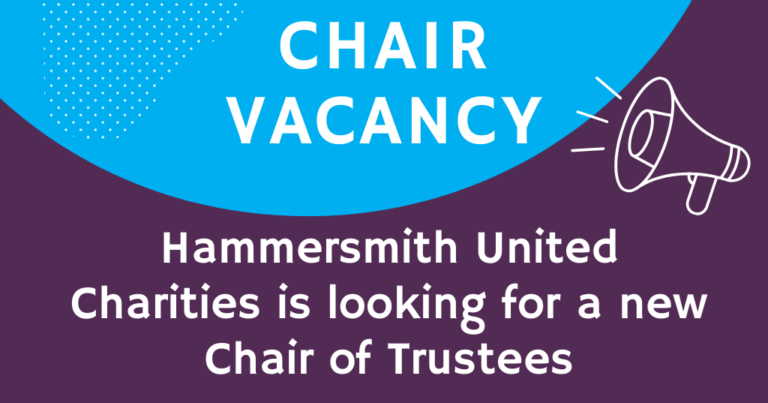
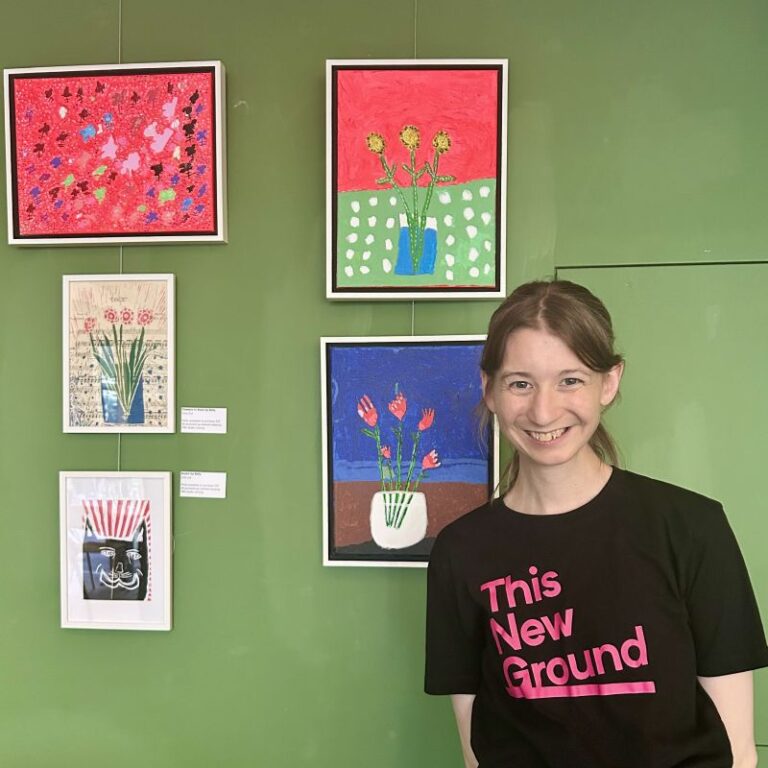
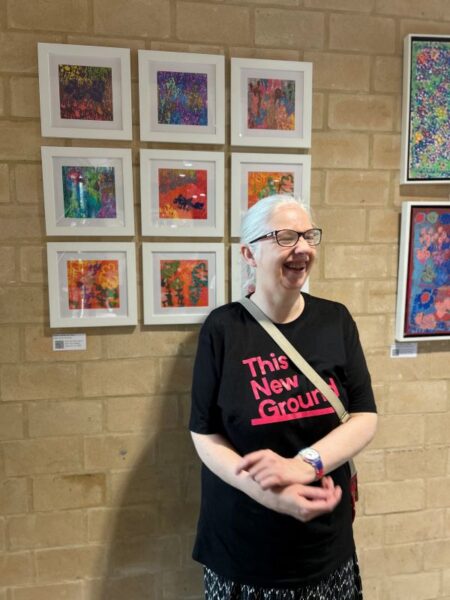

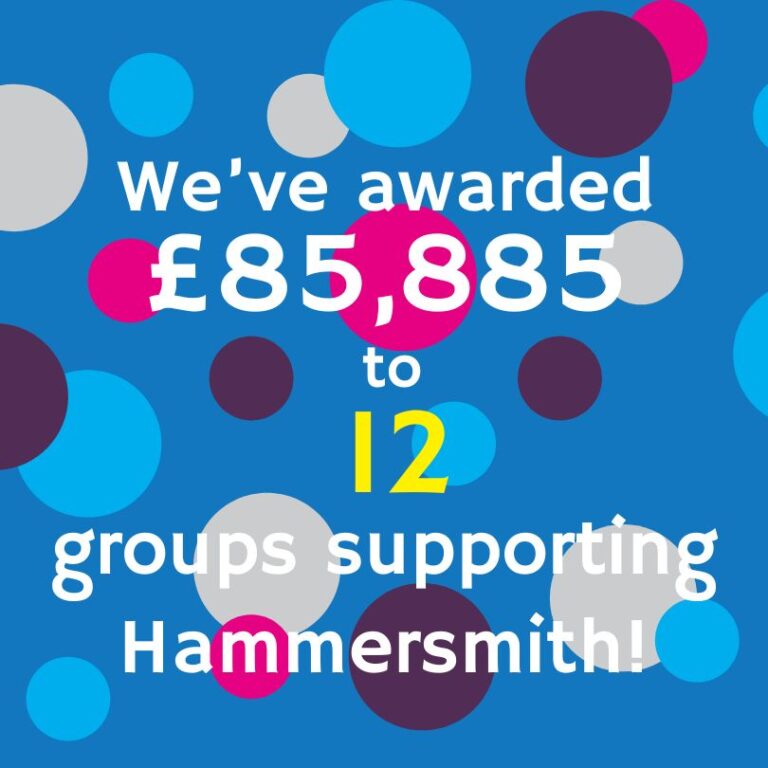
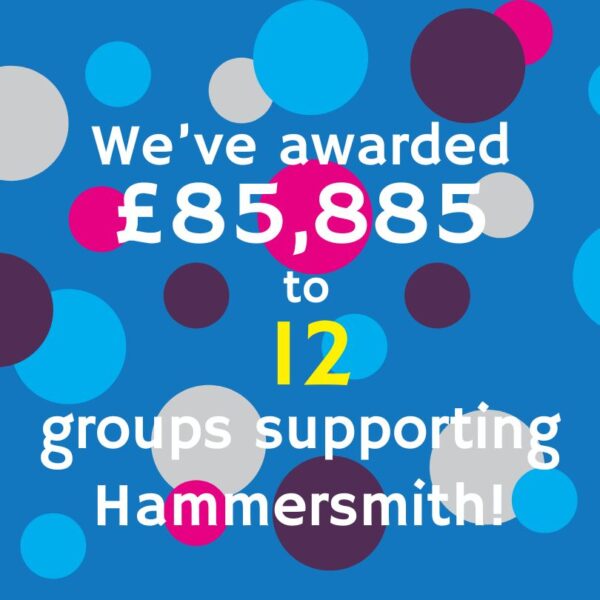 John Betts Primary School: £12,200
John Betts Primary School: £12,200
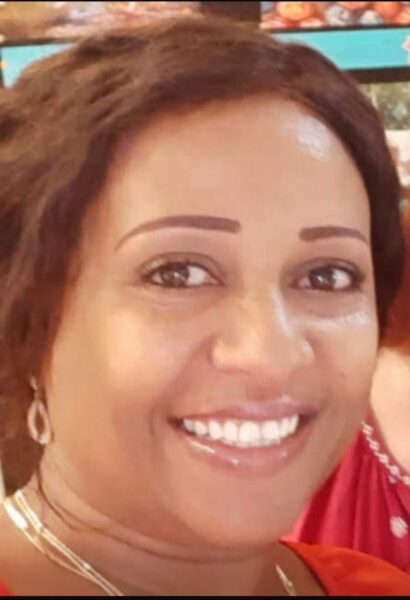 To address these barriers, Hanna partnered with two other women to set up
To address these barriers, Hanna partnered with two other women to set up 